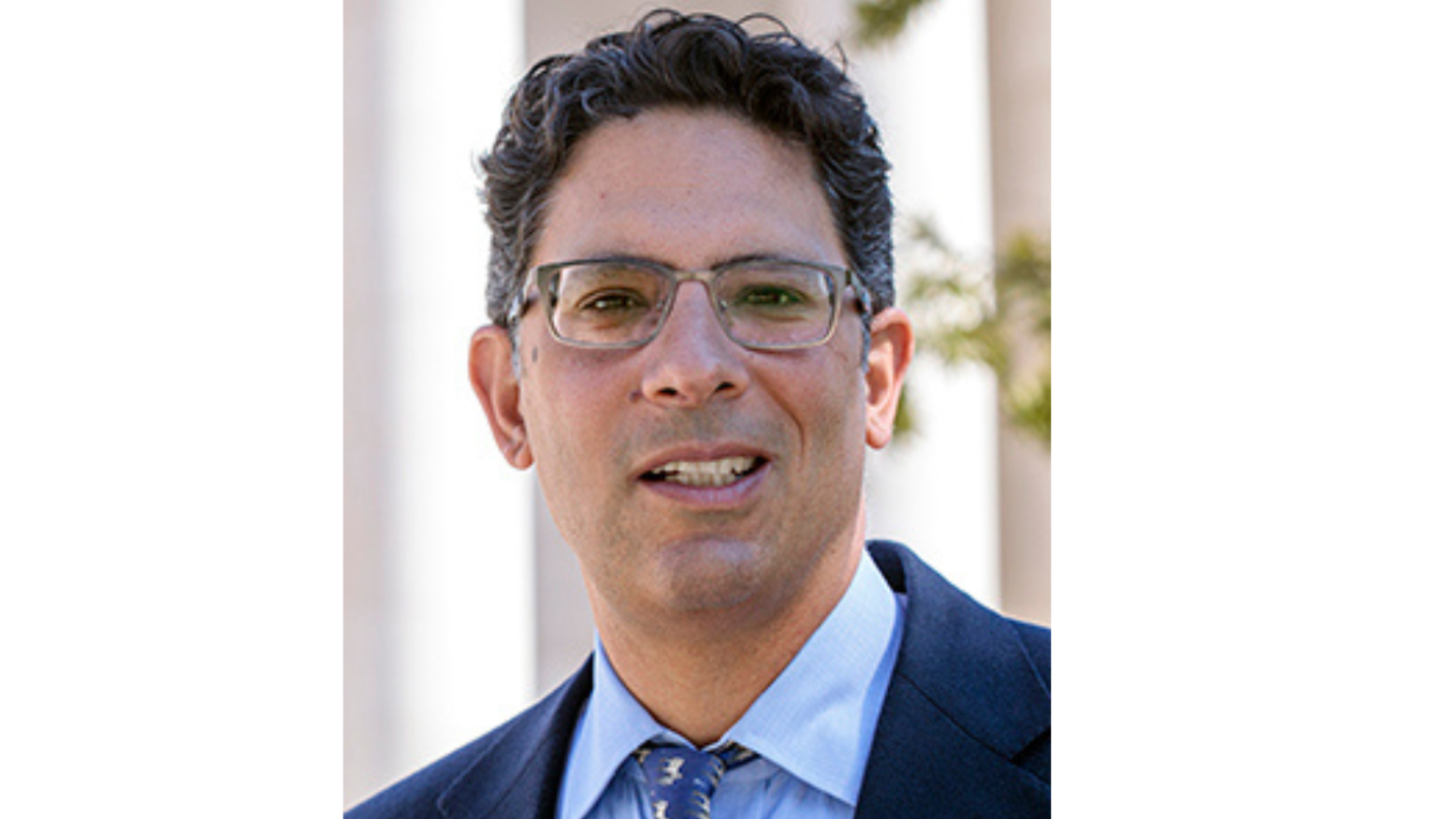Getting to Know Prof. Wadie Said
A widely respected voice in criminal law, human rights, and national security law, Wadie Said joined our faculty as a Professor of Law in August.
Prof. Said most recently was a faculty member at the University of South Carolina School of Law. He has also served as a visiting professor in the Law and Society Program at the University of California Santa Barbara, and as an assistant federal public defender in the Office of the Federal Public Defender for the Middle District of Florida, where he represented one of the defendants in U.S. v. Al-Arian, a complex terrorism conspiracy case.
Professor Said’s scholarship analyzes the challenges and human rights implications of criminal prosecution and immigration enforcement in several areas of law that touch on national security and foreign policy. His book, Crimes of Terror: The Legal and Political Implications of Federal Terrorism Prosecutions, the first comprehensive legal analysis of the criminal terrorist prosecution in the United States, was published by Oxford University Press in 2015. He teaches courses in criminal law, criminal procedure, immigration law, and seminars on international human rights law and counterterrorism.
Professor Said is a graduate of Princeton University and the Columbia University School of Law, where he served as an articles editor of the Columbia Human Rights Law Review.
In this Q&A, Said sits down with Colorado Law’s Emily Battaglia to answer a few questions about his career and excitement toward joining us here at Colorado Law.
Thank you so much for taking the time to answer my questions, Wadie. To start - outside of your new role, what excites you most about life in Colorado?
WS: I am really looking forward to visiting many of the national parks and national forests in the state and general region. I don't recall visiting any national parks growing up in New York, and while South Carolina had one national park – located near the university - the scale of national parks and forests in Colorado seems incredible and something very worthwhile to visit.
Could you share a bit about some of the current projects you are working on?
WS: I am currently finalizing an article about political consideration in criminal prosecutions in the United States that have both foreign and domestic policy implications, with a focus on political protest and January 6. I have a solicited book chapter for the Oxford Handbook on International Law and the Arab World that discusses the impact of counterterrorism laws in the West on domestic laws in Arab countries themselves. I also have a solicited chapter in an edited volume on International Law and Critical Race Theory (one of the editors is my new colleague, Justin Desautels-Stein) that looks at the unhappy experience of international criminal law prosecutions through various examples from the Middle East. Finally, I am working on a book on the effect of American foreign policy in the Middle East on American domestic law.
What will you miss most about your previous role, and what are you most looking forward to in your new role at Colorado Law?
WS: I will miss most my colleagues at South Carolina, but am excited to join the faculty here, as I have a few friends and hope to make many more among my new colleagues. There is a really great opportunity for collaboration with several of my colleagues here across disciplines, and I am really looking forward to that aspect of being on the faculty here.
What drew you to criminal, human rights, and immigration law?
WS: As I grew up, and being of Palestinian and Lebanese origin, I was constantly reminded that my background was easily misunderstood and subject to complicated and often unfair stereotypes and preconceived notions. Given that I was extremely fortunate to have educational and professional opportunities at excellent institutions, I learned - primarily from my father in his work - to try and put that good fortune to work for those less advantaged than I. As a practicing lawyer and later as an academic, I feel both moved and obligated to try my best to represent those who have suffered deprivations and do not usually have the means to get their claims or defenses heard. I think this motivation lends itself to criminal defense work, human rights advocacy, and immigration defense as well.
What is your proudest career accomplishment so far?
WS: In asking this question, I assume you mean "other than joining the faculty at the University of Colorado School of Law?"
For me, I think it was being invited to give both the annual lecture in my father's honor and the Provost's Lecture at the American University in Cairo (AUC) in 2019, as I had studied Arabic at AUC many years earlier, and the lectures also gave me the dual privilege of honoring my own family while speaking in front of several former teachers of mine.
Thank you so much for your time, Prof. Said! We are so excited to have you here at Colorado Law.



